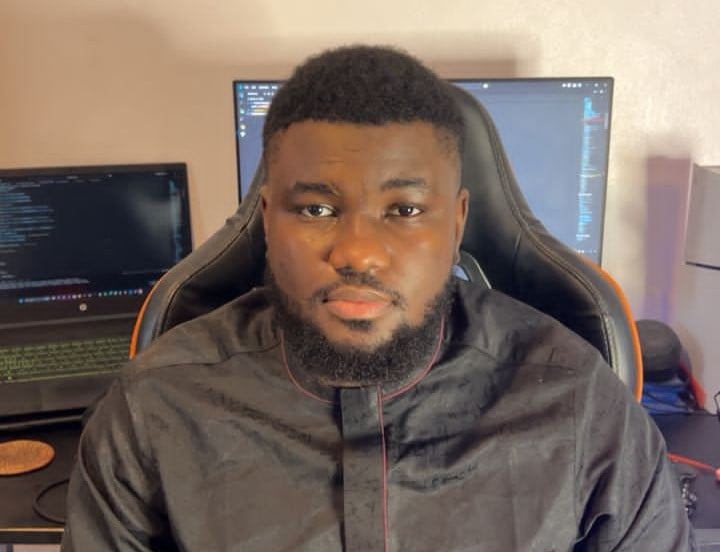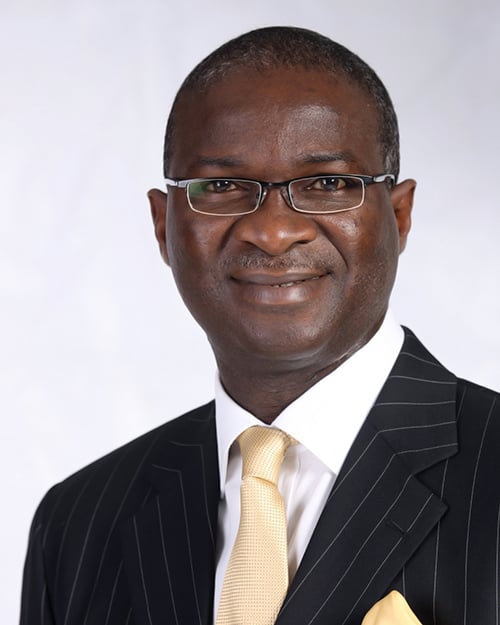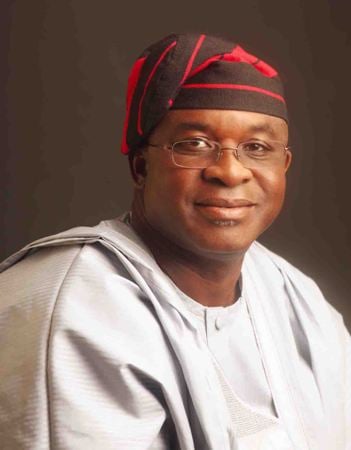Ikumapayi Adebanji, a game developer
Ikumapayi Adebanji, a game developer, says Nigerian children are increasingly exposed to online risks without adequate protection.
Adebanji, who spoke to journalists in Abuja on Tuesday, said many children now spend long hours on mobile devices, adding that gaming studios must prioritise safeguards against grooming, bullying, and extremist recruitment.
“Children are spending more time on phones now. They play games. They watch videos. They chat inside apps,” he said.
“So, as a studio, we take that very serious because once a child is online, you have to think of bad actors too.
Advertisement
“People who want to bully. People who want to trick kids. People who pretend to be friends. These things happen a lot, so we do not joke with safety at all.
“Most of our hypercasual games do not have any chat features at all. They are simple tap-and-play games. So, they are naturally safe because there is no way for a stranger to message a child there.
“Our educational games are also built in a closed system where kids only solve puzzles, learn new things, and build cognitive skills without talking to any outsiders. So, nothing risky happens in those games.”
Advertisement
He said the platform also deploys strict filters to block explicit content and flag suspicious behaviour for moderation.
“We do not play with that area at all,” he said.
Adebanji said Nigeria needs dedicated laws for child online safety, arguing that general internet regulations are no longer sufficient.
He said the rise of digital fraud, cybercrime and unregulated online interactions exposes children to exploitation, adding that clear rules would protect them from predators and scam networks.
Advertisement
He said the studio collects minimal user data, limited to device type and game progress, adding that personal information such as names, home addresses, and financial details is not required.
He said the Nigerian gaming industry still lacks recognition despite its global value, adding that many local developers are forced to work for foreign studios to earn sustainable income.
Adebanji said the Nigerian industry is expanding through the resilience of creators, not government support, noting that many developers are self-taught and rely on their own resources.
“Most Nigerian developers like me are still working for foreign studios because that is where the opportunity is,” he said.
Advertisement
“So, the money we earn still comes back to us as Nigerians, even if the studio is abroad. When Nigerian developers get good jobs outside, it helps the country because they bring the skills back home.
“If Nigeria builds more local studios and supports them, more creators will stay here. For now, many of us have to work outside because the field here is still growing. But the value we create still feeds Nigerian families and gives young people hope that gaming is a real career.”
Advertisement
Adebanji said his long-term strategy relies on continuously upgrading his skills across hyper-casual, educational and multiplayer game development, adding that versatility helps creators remain relevant regardless of startup failures.
He said Nigerian developers are capable of innovation, adding that some copy foreign ideas only because the ecosystem is still developing.
Advertisement
He said the country’s culture, humour and confidence give its creators a unique global edge, insisting that these qualities naturally influence local game design.
He added that game studios should speak on issues involving censorship, digital rights, misinformation and online safety because such policies affect players and the wider tech ecosystem.
Advertisement






